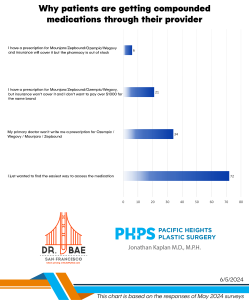
In a study released today by JAMA Oncology and reported by the NY Times, it’s possible that 60,000 American women are being overtreated after receiving a diagnosis of early stage breast cancer. Here’s a succinct statement regarding the recently released study:
“…based on the most extensive collection of data ever analyzed on the condition, known as ductal carcinoma in situ, or D.C. I. S.: 100,000 women followed for 20 years. The findings are likely to fan debate about whether tens of thousands of patients are undergoing unnecessary and sometimes disfiguring treatments for premalignant conditions that are unlikely to develop into life-threatening cancers.”
Small white specks of calcium (calcifications) can appear on mammograms that women undergo annually. These calcifications can suggest the presence of cancer. A biopsy is performed which may show ductal carcinoma in situ (DCIS). This has been considered in the past as a precursor to breast cancer. And as such, it can be aggressively treated with a mastectomy (removal of the breast) or removal of the lump of tissue (lumpectomy) and treated with radiation.
This study shows further evidence that this type of treatment may be unnecessary. In other words, when these women were followed over 20 years, the mastectomy group and the lumpectomy group had the same low risk of dying. A new school of thought suggests that DCIS should be considered a risk factor for breast cancer not a precursor or early stage breast cancer.
Dr. Esserman, a breast surgeon at the University of California at San Francisco said it best in another NY Times story: “We don’t do heart surgery when someone comes in with high cholesterol.” In this analogy, cholesterol is a risk factor for heart disease and as such we exercise, watch what we eat or take medication to lower our cholesterol and ostensibly lower our risk of heart attack.
Similarly, women with DCIS could potentially continue annual screening mammograms and self-breast exams rather than resorting to a mastectomy or lumpectomy and radiation. These surgical procedures don’t appear to increase survival and DCIS appears to progress to breast cancer 3.3% of the time – the same risk as a woman in the general population.
Tell us your story in the comments section below and let us know if you would go through the risk, trauma and anxiety of aggressive surgery if your chances for survival were unchanged?
Click here for the original blog post written by Dr. Jonathan Kaplan for BuildMyBod.



